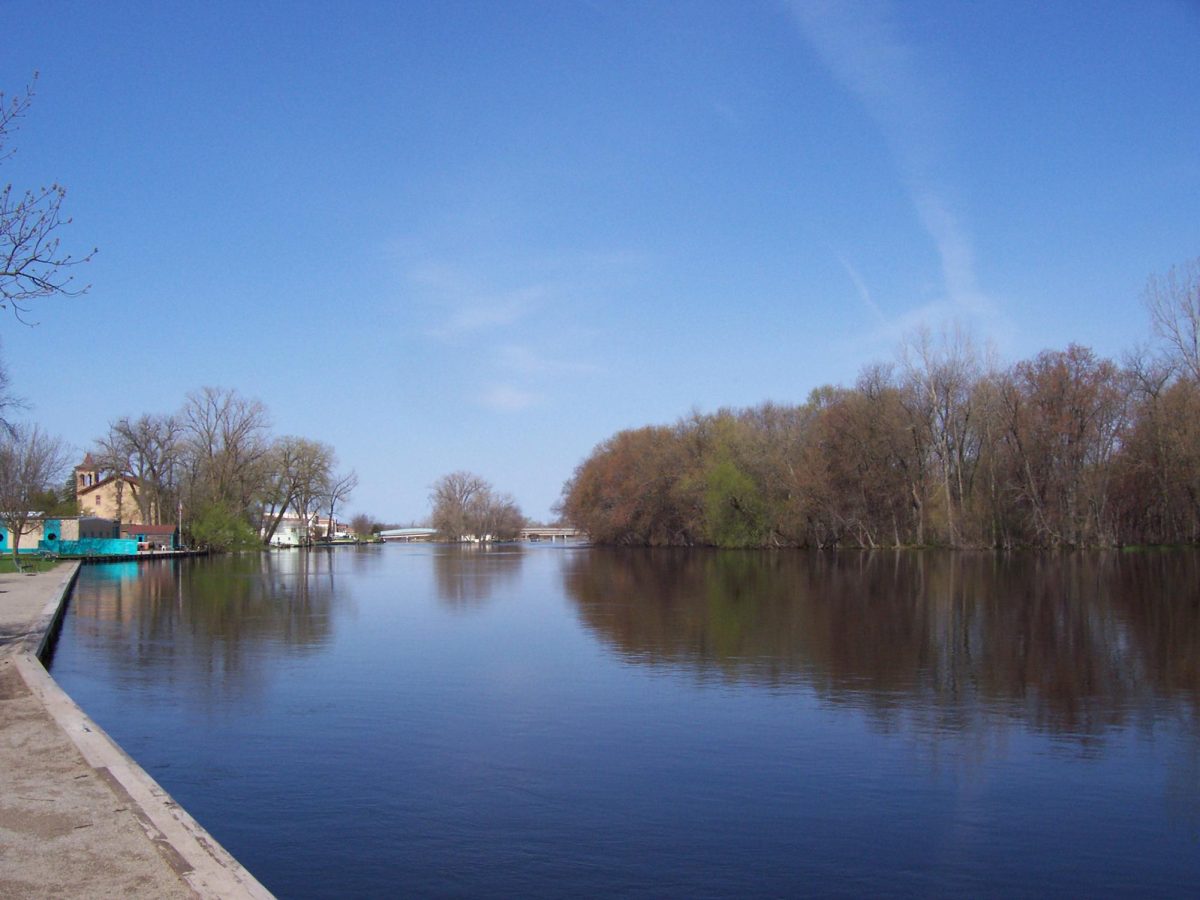Among a string of decisions from the Supreme Court of the United States (SCOTUS) this summer a major blow was dealt to environmental regulation in regards to the Clean Water Act (CWA).
An element of the CWA which designated federal control over bodies of water was effectively removed, neutering the ability of the Environmental Protection Agency and the Army to regulate certain bodies of water.
This is because not all waters within the nation are considered “Waters of the United States” (WOTUS) and the new decision by SCOTUS narrows previous definitions of what was considered WOTUS.
UW Oshkosh environmental studies professor Kathryn Hofmeister said that a key detail of the changes to the CWA revolve around wetland protections, a focal point of her studies.
“The idea of wetland protections has been part of my work,” she said. “These changes and many of the different iterations of CWA, [revolve around] the small water bodies … [whether] so called ‘isolated wetlands’ get included or excluded from definitions.”
Hofmeister said that in 2015, the CWA grew to include bodies of water not considered navigable waterways, which are bodies able to be navigated upon.
“The definition of WOTUS has changed due to court action,” she said. “There was a period of time from 2015 where it was expanded to water bodies that had, ‘significant nexus’ with navigable waterways.”
She takes issue with its legal wording as it falls out of the realm of hydrological studies and is a loose legal term.
“That term (significant nexus) is not based on science,” she said. “Significant nexus means nothing in science. They needed to add more to understand what it means. [The term] has been interpreted as if a river or stream enters a navigable waterway and significantly alters properties.”
Hofmeister said that the legal language muddies the scientific response to matters dealing with waterways, and that this new definition ignores non-surface level connections that still affect waterways.
“One of the problems … is the continuous surface water connection,” she said. “Wetlands are often connected to the groundwater system which is discharged to surface water. There could be wetlands that seemingly aren’t connected to the Fox River but are connected through ground pathways.”
A UWO environmental studies and political science double major, Chris Huesemann, who interned as an aquatic invasive biologist in a Washington county bog, said that reduction of these policies threatens studies.
“I spent a lot of time on the Milwaukee water rivershed in Washington county,” he said. “We looked at watersheds and invasive species.”
He said another fear is that bogs may not get sufficient funding for protection or research.
Huesemann added that permits will no longer be necessary in some instances to develop the land in ways that could be harmful towards the waterways.
Nearly 50% of wetlands and intermittent streams that were once protected federally through regulation and funding may be affected, Hofmeister said.
“The CWA is a big umbrella protection; every state in the U.S. has to meet the requirements of the CWA,” she said. “Part of the concern is that water bodies will no longer have those protections or receive funding to meet criteria. Estimates I’ve seen as a result of this change is 50% of wetlands and intermittent streams are losing protection across the whole U.S.”
As far as the states of the union, Hofmeister said that Wisconsin has a history of environmentally conscious action.
“Wisconsin happens to be well positioned,” she said. “It has a really long history of progressive action on these issues. … Wisconsin has a lot of history and was one of the first states to push for CWA funding and implement cleanups of rivers.”
She said that Wisconsin has already passed laws that expand beyond what once were federally protected, making these federal changes irrelevant to a certain extent.
“In 2001, they passed a law that gave water protections to every wetland and most streams; it really expanded the protections,” she said. “At the moment, changes in the federal definition will not affect Wisconsin.”
The CWA was revised due to a single families court case, a fact that Hofmeister said makes the issue contentious, even on the state level.
“There’s more litigation around environmental policies,” she said. “We could see more people or businesses pushing back within the state. The Sackett v. EPA case is a family, it’s not even a corporation; it’s representative of the political climate, but water doesn’t know politics.”
Environmental regulations within Wisconsin remain resolute despite federal backtracking; however, in order to ensure these stay in place, the electorate must vote with environmental issues in mind.









